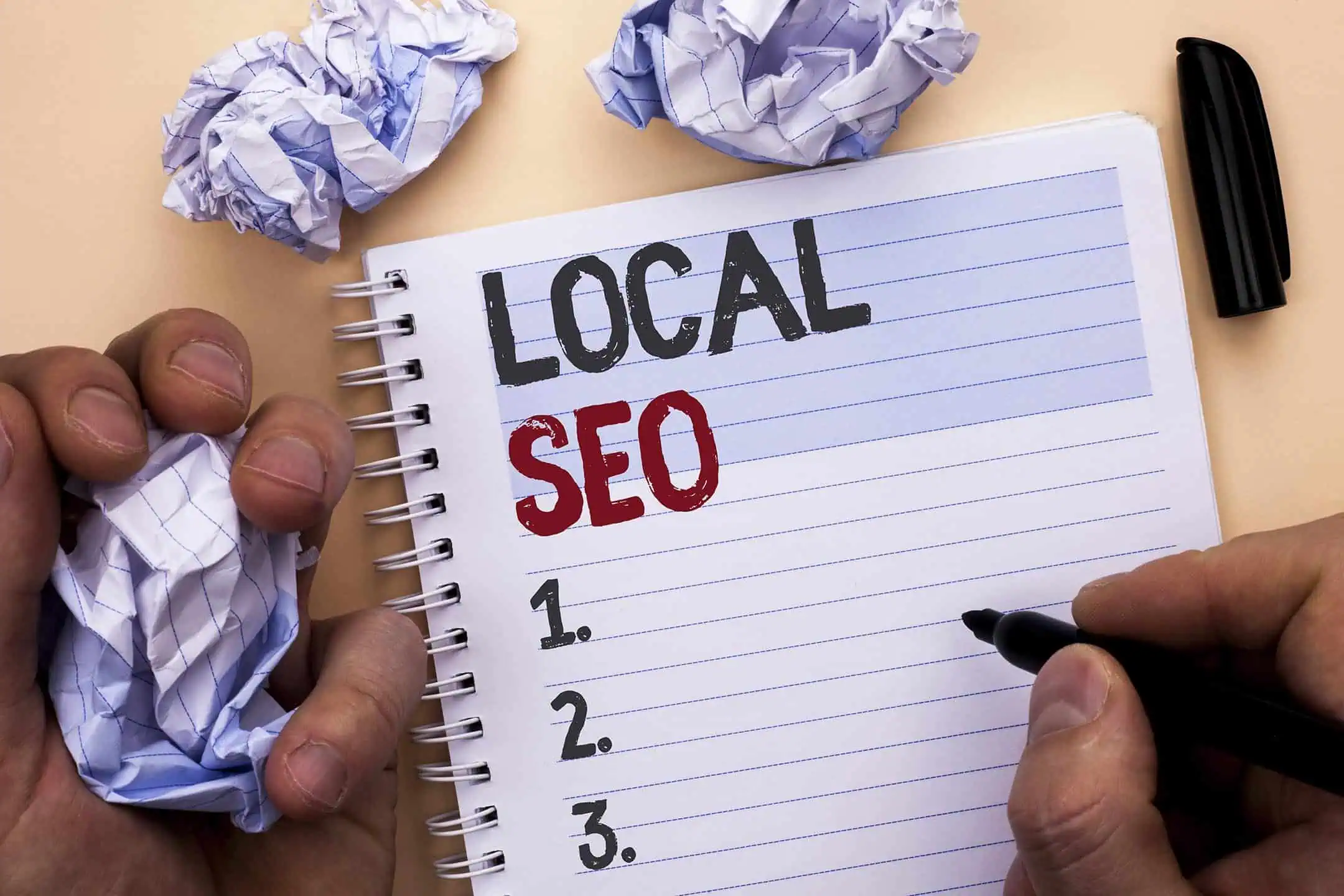Local SEO is the practice of optimising your online presence to attract more business from relevant local searches. These searches take place on Google and other search engines, often by users looking for services or products “near me.” Local SEO services encompass a range of strategies and tactics designed to increase visibility in local search results, including Google My Business optimisation, managing local citations, conducting local keyword research, and much more.
The importance of Local SEO for small businesses cannot be overstated. In an increasingly digital world, a significant number of consumers use search engines to find local businesses. Effective Local SEO ensures that your business appears in these searches, attracting local customers and driving foot traffic to your physical location. Whether you’re a restaurant, a retail shop, or a service provider, optimising your local online presence is crucial for competing in your market.

Understanding Google My Business
What is Google My Business?
Google My Business (GMB) is a free tool provided by Google that allows businesses to manage their online presence across the search engine and its growing portfolio of utilities, including Google Maps. By creating and maintaining a GMB listing, businesses can provide valuable information to potential customers, such as their address, operating hours, and customer reviews. A well-optimised GMB profile is crucial for appearing in local search results and enhancing your business’s visibility.
Setting up and Verifying Your GMB Listing
To get started with GMB, you need to create a listing and verify it. Here’s how:
- Create Your Listing: Go to the Google My Business website and sign in with your Google account. Click “Start Now” and enter your business name, address, and other requested information.
- Verify Your Listing: Google needs to verify that you are the legitimate owner of the business. They typically send a postcard with a verification code to your business address. Once you receive the postcard, enter the code in your GMB account to complete the verification process.
![]()
Optimising Your GMB Profile
Business Name
Ensure your business name on GMB exactly matches your real-world business name. Avoid adding extra keywords or location details, as this can be seen as spammy and may violate Google’s guidelines.
Address & Phone Number (NAP Consistency)
Maintaining consistency in your business name, address, and phone number (NAP) across all online platforms is vital for Local SEO. Ensure the information is identical on your website, GMB, and other local directories. Consistent NAP information helps search engines and customers trust the legitimacy of your business.
Categories & Attributes
Selecting the right categories and attributes for your business helps Google understand what your business offers and match it to relevant search queries. Choose primary and secondary categories that accurately reflect your services. Additionally, utilise attributes to highlight specific features, such as “free Wi-Fi” or “wheelchair accessible.”
Service Area & Operating Hours
Specify your service area to let customers know the regions you cover. This is especially important for businesses that deliver services at customer locations rather than having a physical storefront. Accurately list your operating hours to ensure customers know when you are available.
Adding Photos and Videos
High-quality photos and videos can significantly enhance your GMB profile. Upload images of your business premises, products, and services to give potential customers a clear idea of what to expect. Regularly updating your media can keep your profile fresh and engaging.
Managing & Responding to Q&A
The Q&A section on your GMB profile allows customers to ask questions about your business. Actively monitor and respond to these questions promptly to provide accurate information and demonstrate good customer service. You can also pre-emptively answer common questions by posting them yourself.
Optimising your Google My Business profile is a critical step in enhancing your local SEO. By ensuring all information is accurate, complete, and engaging, you improve your chances of appearing in local searches and attracting more customers.
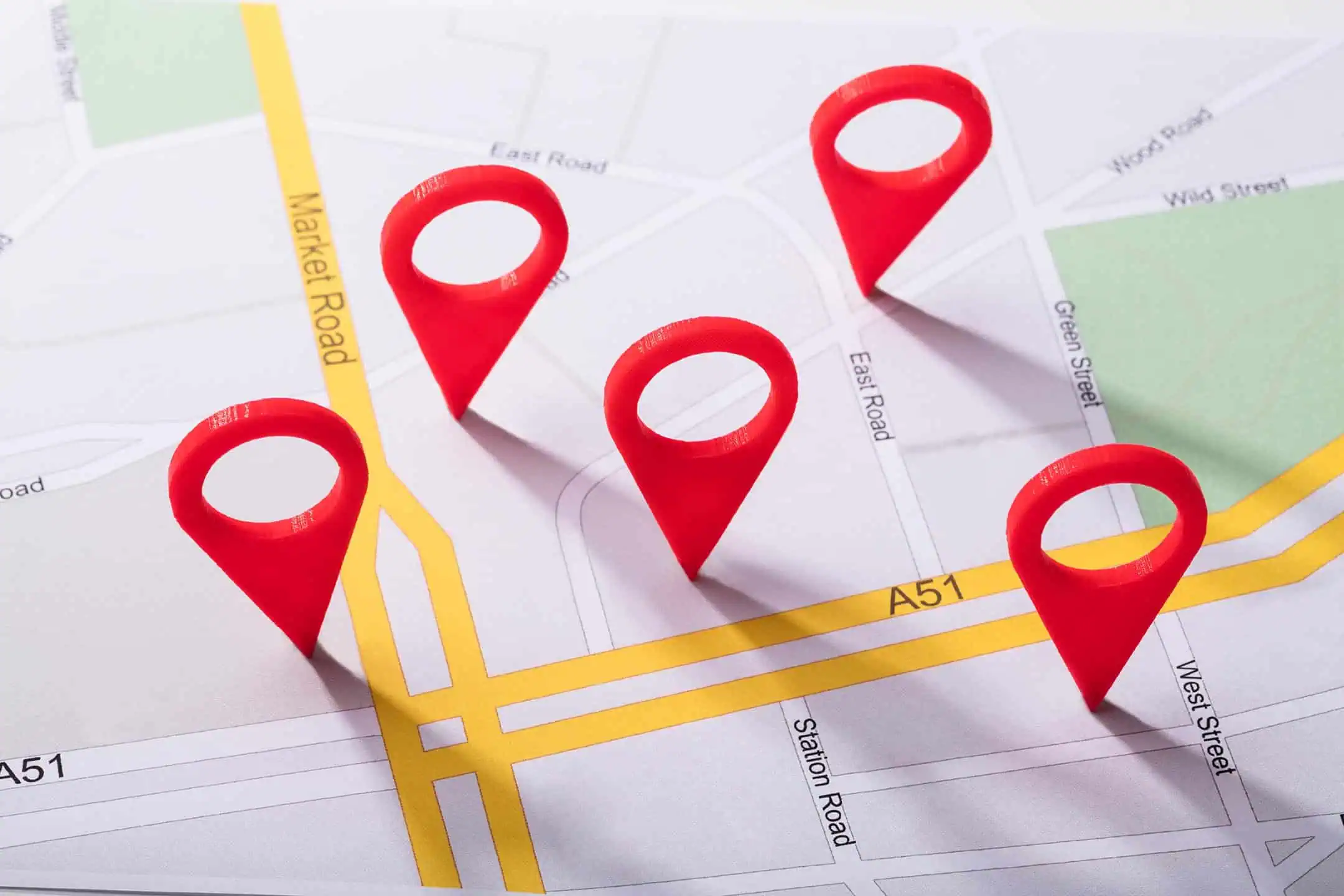
Local Citations & Directories
What are local citations?
Local citations refer to any mention of your business’s name, address, and phone number (NAP) on the internet. These mentions can appear in various places, including business directories, websites, social platforms, and local listings. Local citations are crucial for local SEO as they help search engines verify the existence, legitimacy, and accuracy of your business details.
Importance of NAP Consistency Across Citations
Maintaining NAP consistency across all local citations is vital for building trust with search engines and users. Inconsistent information can confuse search engines, leading to lower rankings in local search results. Consistent NAP details across the web reinforce your business’s credibility and help improve your local search visibility.
Top Local Citation Sites & Directories
Some of the top local citation sites and directories where you should list your business include:
- Google My Business
- Bing Places for Business
- Yelp
- Yell
- Foursquare
- TripAdvisor
- Apple Maps
Listing your business on these high-authority sites ensures it gets maximum visibility and credibility in local searches.

Strategies for Building Local Citations
Building local citations involves a few strategic steps:
- Start with Major Directories: Ensure your business is listed on major directories such as Google My Business, Yell, and Facebook.
- Identify Niche Directories: Find industry-specific directories relevant to your business, such as TripAdvisor for hospitality and travel.
- Leverage Local Business Associations: Join local business associations and get listed in their directories.
- Utilise Data Aggregators: Services like Data Axle and Acxiom distribute your business information to various local search platforms.
Automated Tools vs. Manual Submission
You can build citations using automated tools or manual submission:
- Automated Tools: Tools like Moz Local and BrightLocal can streamline the process by automatically submitting your business information to multiple directories. These tools save time and ensure accuracy but come with a cost.
- Manual Submission: Manually submitting your business information allows for more control over the details and customisation. However, it is time-consuming and requires continuous monitoring and updating.
Monitoring & Updating Citations
Regularly monitor and update your citations to maintain NAP consistency and accuracy. Use tools like Google Alerts or citation tracking services to keep track of your listings. Update any changes in your business information promptly across all directories to ensure uniformity.
Local citations play a crucial role in local SEO, enhancing your business’s visibility and credibility. By strategically building and maintaining accurate citations, you can improve your local search rankings and attract more local customers.

Local Keyword Optimisation
Importance of keyword research for local SEO
Keyword research is a fundamental aspect of local SEO, helping businesses understand what terms and phrases potential customers use when searching for local services or products. By identifying and targeting the right local keywords, businesses can enhance their visibility in local search results, attract more relevant traffic, and ultimately drive more conversions. Effective local keyword optimisation ensures that your website appears in front of users actively seeking the services you offer in your geographical area.
Tools for Finding Local Keywords
Several tools can help you find the most effective local keywords for your SEO strategy. These tools provide insights into search volume, competition, and relevance, enabling you to choose the best keywords for your business:
Google Keyword Planner
Ideal for identifying keyword ideas based on your industry and location, offering data on search volumes and trends.
Moz
Provides keyword research tools that include local keyword suggestions and difficulty scores.
Ahrefs
Offers comprehensive keyword research capabilities, including local keyword analysis and competitive insights.
SEMrush
A powerful tool for in-depth keyword research, including local keyword tracking and competitive analysis.
Ubersuggest
A user-friendly tool that offers keyword suggestions, search volume data, and SEO difficulty ratings.

Integrating Local Keywords into Your Website
Once you have identified your local keywords, it’s essential to integrate them effectively into your website to improve SEO. Here’s how to do it:
Title Tags & Meta Descriptions
Incorporate local keywords into your title tags and meta descriptions. These elements appear in search engine results and influence click-through rates. Ensure that your title tags are clear and concise, and your meta descriptions provide a compelling summary of your page content.
Headers (H1, H2, H3 Tags)
Use local keywords in your headers to improve the structure and readability of your content. The H1 tag should include your primary local keyword, while H2 and H3 tags can feature secondary keywords. This practice helps search engines understand the context and relevance of your content.
On-Page Content
Integrate local keywords naturally into your on-page content. Avoid keyword stuffing, as it can harm your SEO performance. Instead, focus on creating informative, engaging content that includes local keywords in a way that enhances readability and user experience.
URL Structure
Include local keywords in your URL structure to make it more search engine friendly. For smaller businesses targeting a single location, a URL like “www.example.com/plumbing-services-london” clearly indicates the location and service offered, helping both users and search engines understand the page’s relevance.
For larger businesses seeking exposure in multiple localised locations, a more detailed structure such as “www.example.com/plumbing-services/surrey/reigate” is recommended. This format specifies both the service and the exact location, improving your chances of appearing in relevant local searches across different areas.
Image Alt Text
Optimise your images by adding local keywords to their alt text. This practice not only improves accessibility but also helps search engines index your images correctly, contributing to better local search visibility.
Local keyword optimisation is crucial for enhancing your website’s visibility in local search results. By conducting thorough keyword research and strategically integrating local keywords into your website, you can attract more relevant traffic and improve your chances of converting local searchers into customers.

Online Reviews & Reputation Management
Importance of keyword research for local SEO
Online reviews play a pivotal role in local SEO. They help build trust and credibility with potential customers and influence local search rankings. Positive reviews can boost your visibility on search engines, making it easier for local customers to find your business. Reviews are also a crucial factor in Google’s local search algorithm, contributing to higher rankings in the local pack and map results.
Platforms for Collecting Reviews
To maximise the impact of online reviews, focus on collecting reviews across multiple platforms:
Google My Business
Reviews on your GMB profile are directly linked to your local search rankings and visibility on Google Maps.
Yelp
Especially important for service-oriented and hospitality businesses, Yelp reviews can significantly impact your online reputation.
Reviews and recommendations on Facebook enhance your social media presence and can influence local search rankings.
Industry-Specific Sites
Depending on your industry, sites like TripAdvisor (for hospitality) or TopDoctors (for healthcare) can be crucial for attracting local customers.
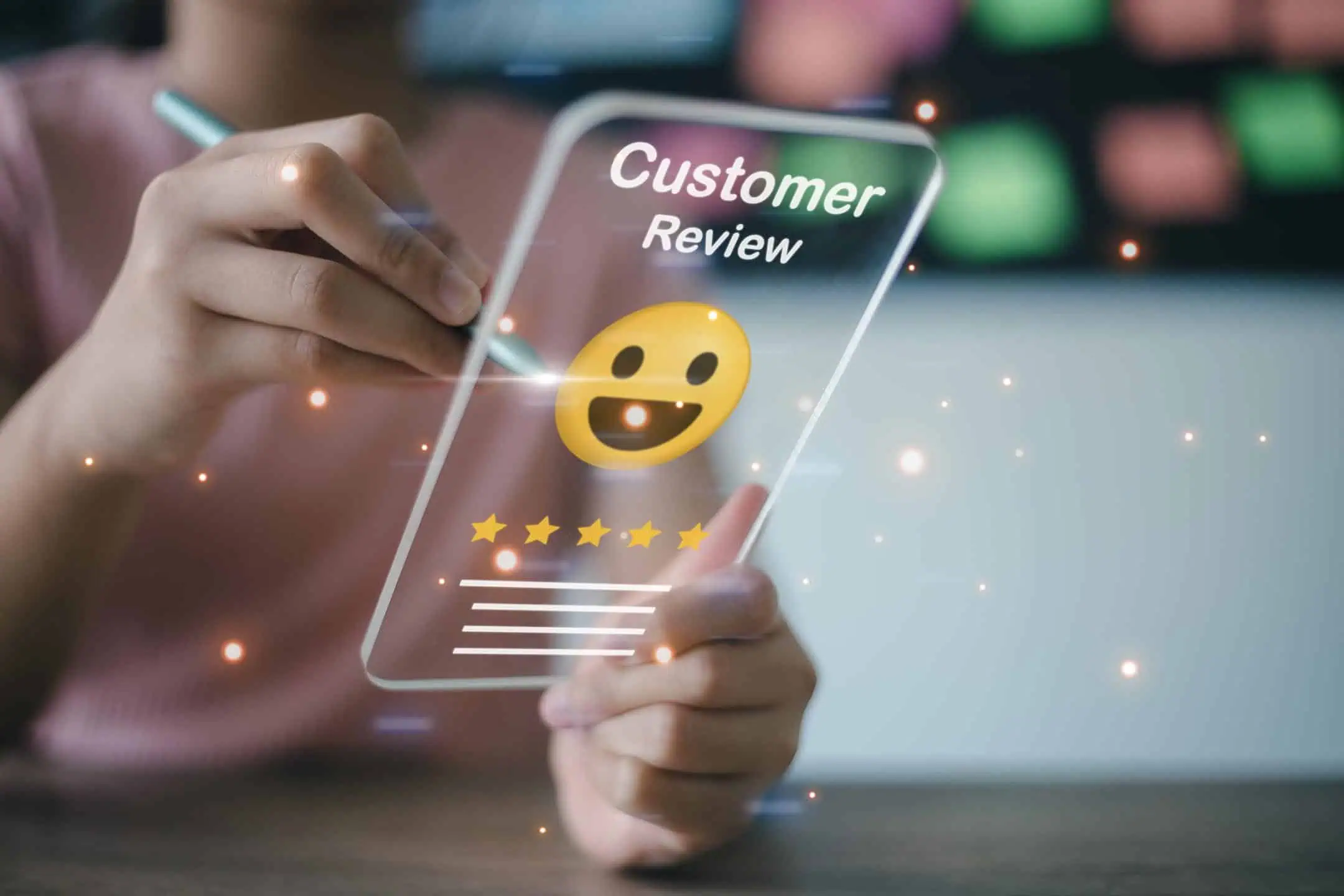
Strategies for Getting More Positive Reviews
Encouraging satisfied customers to leave positive reviews can enhance your online reputation and SEO performance. Here are some strategies:
Ask at the Right Time
Request reviews immediately after providing a service or completing a sale, while the experience is still fresh in the customer’s mind.
Make it Easy
Provide direct links to your review profiles on Google, Yell, and other platforms in follow-up emails or on your website.
Offer Incentives
While adhering to platform guidelines, offer small incentives like discounts or special offers for customers who leave reviews.
Responding to Reviews
Engaging with your reviews shows that you value customer feedback and are committed to improving their experience.
Positive Reviews
Thank customers for their feedback and highlight specific points they mentioned. This not only shows appreciation but also reinforces the positive aspects of your business.
Negative Reviews
Responding to negative reviews professionally and constructively is crucial. Acknowledge the issue, apologise if necessary, and offer a solution or invite the customer to discuss the matter privately. This approach can turn a negative experience into a positive one and demonstrate your commitment to customer satisfaction.
Managing Your Online Reputation Effectively
Effective online reputation management involves monitoring your reviews regularly and addressing them promptly. Use tools like Google Alerts to keep track of new reviews across various platforms. Maintain a consistent and positive online presence by actively engaging with your audience, addressing concerns, and showcasing positive feedback.
Online reviews are a powerful component of local SEO, influencing both your search rankings and potential customers’ perceptions. By implementing strategies to gather positive reviews, responding appropriately to all feedback, and actively managing your online reputation, you can enhance your local SEO efforts and build a trustworthy and appealing online presence.

Local Link Building
What is local link building?
Local link building is the process of acquiring backlinks from other websites within your geographical area or industry to improve your local search engine rankings. These backlinks, or inbound links, serve as endorsements of your website’s credibility and authority. When local websites link to your site, it signals to search engines that your business is a trusted source of information within your community, thereby boosting your local SEO efforts.
Importance of High-Quality Backlinks
High-quality backlinks are crucial for several reasons:
Improved Search Rankings: Search engines use backlinks as a key ranking factor. High-quality links from reputable local sources can significantly boost your position in local search results.
Increased Referral Traffic: Backlinks from well-visited local websites can drive targeted traffic to your site, increasing the likelihood of attracting local customers.
Enhanced Credibility and Authority: Backlinks from respected local entities enhance your business’s credibility and authority within your community, fostering trust among potential customers.
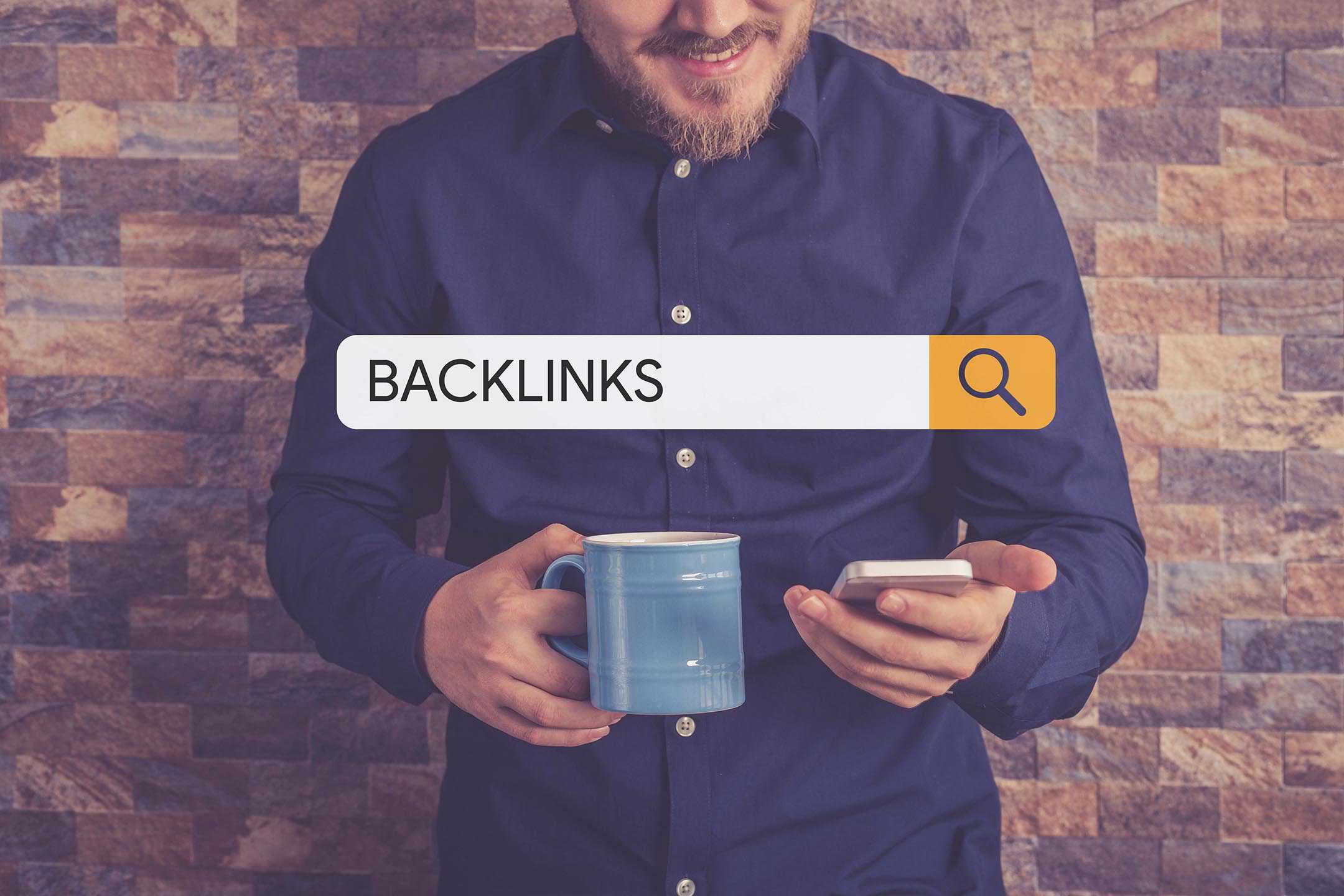
Strategies for Obtaining Local Backlinks
Acquiring local backlinks requires strategic efforts and community engagement. Here are some effective strategies:
Partnering with Local Businesses
Collaborate with local businesses to create mutually beneficial partnerships. For example, you can offer to feature their products or services on your blog or social media, and in return, they can link back to your website. These partnerships can help both parties increase their local online presence and reach.
Sponsorships and Local Events
Sponsoring local events, sports teams, or community initiatives is a great way to gain visibility and earn backlinks. Event organisers often list sponsors on their websites, providing you with valuable local backlinks. Additionally, participating in local events helps establish your business as an active community member, further enhancing your reputation.
Participating in the Community
Get involved in community activities and initiatives. Join local business associations, chambers of commerce, or community groups. These organisations often have websites that list their members and link back to their sites. Your active participation can lead to valuable local backlinks and boost your business’s online presence.
Guest Posting on Local Blogs
Identify popular local blogs and websites relevant to your industry and offer to write guest posts. Guest posting allows you to share your expertise with a local audience while earning backlinks to your site. Ensure your content is valuable and informative to increase the likelihood of being accepted as a guest contributor.
Local link building is a powerful strategy to improve your business’s local SEO and online presence. By partnering with local businesses, sponsoring events, engaging with the community, and guest posting on local blogs, you can acquire high-quality backlinks that boost your search rankings and attract local customers. These efforts not only enhance your SEO but also establish your business as a trusted and integral part of the local community.

On-Page Local SEO Techniques
Optimisation of on-page elements
Optimising on-page elements is fundamental to improving your local SEO. These elements help search engines understand the context and relevance of your content, ensuring it ranks well in local search results. Key on-page SEO techniques include optimising title tags, meta descriptions, header tags, URL structures, internal linking, and using schema markup.
Title Tags and Meta Descriptions
Title tags and meta descriptions are critical for attracting clicks from search engine results pages (SERPs). Ensure your title tags include relevant local keywords and accurately describe the content of the page. Meta descriptions should provide a compelling summary of your page’s content, also incorporating local keywords to enhance relevance. For example, a title tag like “Best Italian Restaurant in London | [Your Business Name]” and a meta description that includes “Enjoy authentic Italian cuisine in the heart of London at [Your Business Name]” can significantly boost local visibility.
Header Tags
Using header tags (H1, H2, H3, etc.) effectively structures your content and makes it easier for search engines to understand the hierarchy and importance of information on your page. Incorporate local keywords naturally into your header tags to highlight the geographical relevance of your content. The H1 tag should contain the primary keyword, while H2 and H3 tags can include secondary and related keywords.
URL Structure
Include local keywords in your URL structure to make it more search engine friendly. For smaller businesses targeting a single location, a URL like “www.example.com/it-support-redhill” clearly indicates the location and service offered, helping both users and search engines understand the page’s relevance.
For larger businesses seeking exposure in multiple localised locations, a more detailed structure such as “www.example.com/it-support/surrey/redhill” is recommended. This format specifies both the service and the exact location, improving your chances of appearing in relevant local searches across different areas.
Internal Linking
Internal linking involves connecting different pages of your website through hyperlinks. This practice helps distribute page authority across your site, making it easier for search engines to index your content. Use descriptive anchor text that includes local keywords to enhance the relevance of your links. For example, linking from a blog post about “IT Security Tips” to a service page titled “IT Security Services in Redhill” can improve both pages’ SEO.

Schema Markup for Local Businesses
Schema markup is a type of structured data that helps search engines understand the content on your website better. By adding schema markup, you can provide search engines with additional context about your business, which can improve your visibility in search results.
LocalBusiness Schema
The LocalBusiness schema is specifically designed for local businesses and includes important details like your business name, address, phone number, opening hours, and more. Implementing this schema can help your business appear in local search results and improve your chances of being featured in the local pack.
FAQ Schema
FAQ schema allows you to mark up frequently asked questions and their answers directly on your web pages. This not only helps improve your search engine ranking but also enhances the user experience by providing quick answers to common questions. Including local-specific FAQs can further boost your local SEO efforts.
Implementing these on-page local SEO techniques ensures your website is optimised for both search engines and users. By focusing on key elements like title tags, meta descriptions, header tags, URL structure, internal linking, and schema markup, you can enhance your local search visibility and attract more local customers.

Mobile Optimisation
Importance of mobile-friendly websites for local SEO
In today’s digital age, having a mobile-friendly website is essential for local SEO. A significant portion of local searches are conducted on mobile devices, with users looking for quick and accessible information on-the-go. Google’s mobile-first indexing means that the mobile version of your website is considered the primary version for ranking purposes. Therefore, ensuring your website is optimised for mobile devices is crucial for maintaining and improving your local search rankings. Mobile-friendly websites provide a better user experience, which can lead to higher engagement, lower bounce rates, and increased conversions.
Best Practices for Mobile Optimisation
Responsive Design
Implementing a responsive design is the cornerstone of mobile optimisation. A responsive website automatically adjusts its layout and elements to fit any screen size, providing an optimal viewing experience across all devices. This ensures that users can easily navigate your site, whether they’re on a smartphone, tablet, or desktop. A responsive design not only enhances usability but also improves your site’s performance in mobile search results.
Fast Loading Times (Page Speed Optimisation)
Page speed is a critical factor in both user experience and SEO. Slow-loading pages can frustrate users and lead to higher bounce rates. To optimise page speed, compress images, leverage browser caching, and minimise the use of large scripts and files. Tools like Google PageSpeed Insights can help identify areas for improvement and provide actionable recommendations to enhance your site’s loading times. Faster pages not only improve user satisfaction but also rank better in search engine results.
Easy Navigation and User Experience
A mobile-friendly website should offer easy navigation and an intuitive user experience. Simplify your site’s menu and ensure that buttons and links are large enough to be easily tapped with a finger. Avoid using pop-ups and interstitials that can obstruct the view on smaller screens. The goal is to make it easy for users to find what they’re looking for without unnecessary friction. A clean, well-organised layout improves usability and encourages users to stay longer on your site.
By adhering to these best practices for mobile optimisation, you can enhance your website’s performance in local search results and provide a superior user experience. Mobile optimisation is not just about meeting search engine requirements; it’s about delivering a seamless and enjoyable experience for your users, ultimately driving more local traffic and conversions.

Localised Content Marketing
Importance of creating localised content
Creating localised content is essential for connecting with your target audience on a more personal level. It helps build a stronger community presence and enhances your visibility in local search results. Localised content addresses the specific interests and needs of your local audience, making your business more relevant and trustworthy. By providing valuable, locally-focused information, you can attract and engage local customers more effectively, driving traffic and boosting conversions.
Ideas for Localised Content
Local News & Events
Keep your audience informed about local news and events that are relevant to your industry. Write blog posts or create social media updates about upcoming community events, local government announcements, or industry-specific news. This not only provides valuable information to your audience but also positions your business as an active participant in the community.
Local Guides & Directories
Create comprehensive guides and directories that cater to the needs of your local audience. For example, a local restaurant can develop a guide to the best dining spots in the area, while a real estate agent can compile a directory of local services and amenities. These resources are highly valuable to local users and can drive significant traffic to your website.
Case Studies & Local Customer Stories
Highlighting case studies and local customer stories showcases your business’s impact within the community. Share success stories of local customers who have benefited from your products or services. This not only builds credibility but also fosters a sense of connection and trust among potential customers.

Promoting Localised Content
Localised Blog Posts
Regularly publish blog posts that focus on local topics and keywords. This can include articles about local events, business spotlights, or community issues. Optimising these posts for local search terms can improve your visibility in local search results and attract more local traffic.
Social Media
Utilise social media platforms to promote your localised content. Share posts about local events, customer stories, and guides on platforms like Facebook, Instagram, and Twitter. Engage with local influencers and community groups to broaden your reach. Social media is a powerful tool for connecting with local audiences and driving engagement.
Localised content marketing is a powerful strategy for enhancing your local SEO and building stronger connections with your community. By creating and promoting content that resonates with local audiences, you can improve your visibility in local search results, attract more local customers, and establish your business as a trusted local authority.
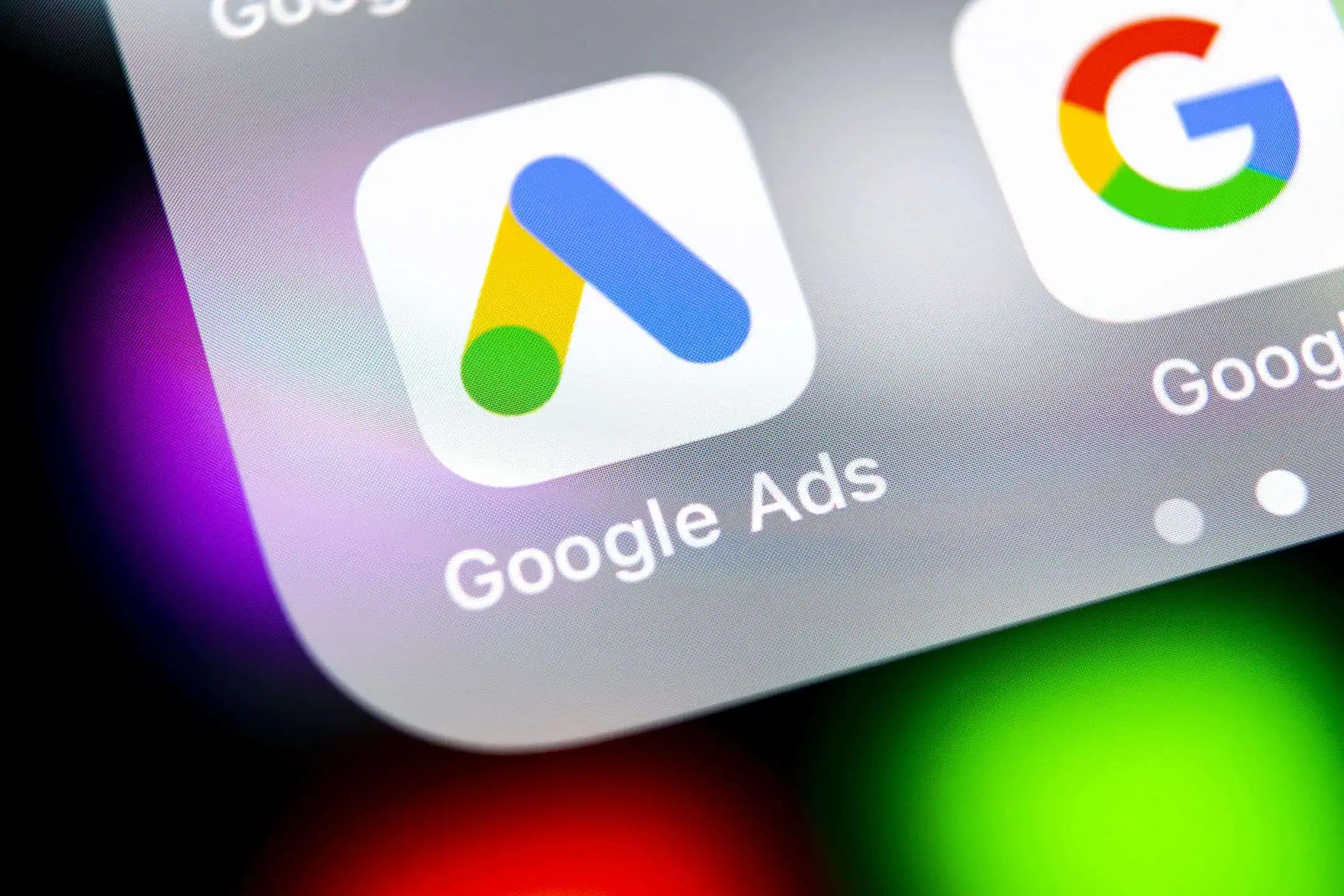
Geo-Targeted PPC Campaigns
Overview of geo-targeted PPC
Geo-targeted PPC (Pay-Per-Click) campaigns focus on serving ads to users based on their geographic location. This strategy ensures that your advertising budget is spent reaching potential customers in specific areas relevant to your business. By targeting users in particular cities, regions, or even neighbourhoods, you can create highly relevant ads that resonate with your local audience, driving more qualified traffic and improving your return on investment (ROI).
Google Ads & Social Media Platforms
Both Google Ads and social media platforms like Facebook, Instagram, and LinkedIn offer robust geo-targeting capabilities. Google Ads allows you to target users based on their location, search queries, and browsing behaviour. Social media platforms provide additional targeting options, such as interests and demographics, making it possible to create highly specific and effective local campaigns.
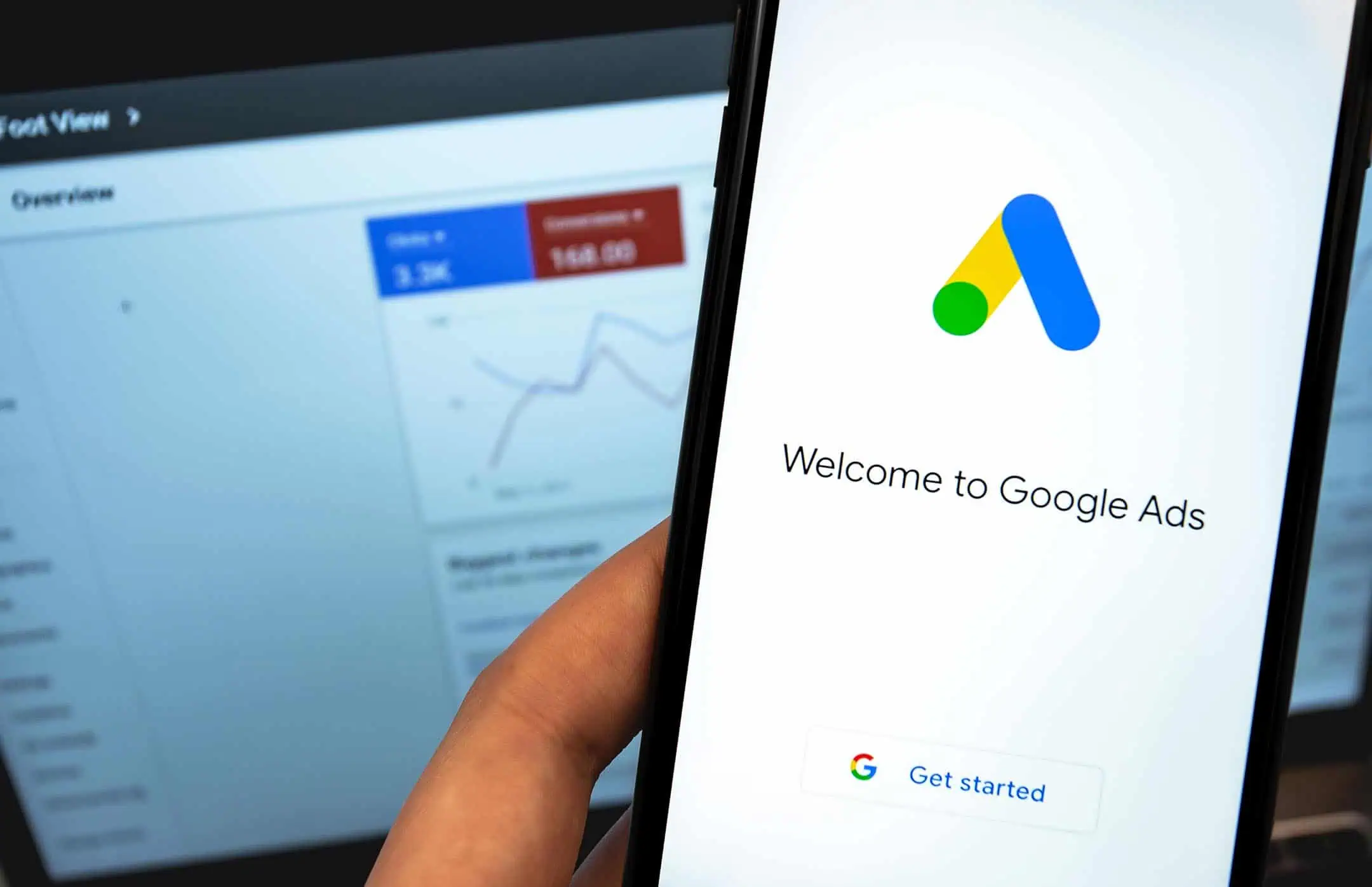
Setting Up Geo-Targeted Campaigns
Selecting the Right Geographic Areas
To set up a geo-targeted campaign, begin by identifying the geographic areas most relevant to your business. Consider where your target audience is located and where your services are available. For instance, a local restaurant might target users within a specific city or even a certain radius around their location.
Using Local Keywords
Incorporate local keywords into your PPC campaigns to ensure your ads appear in relevant local searches. Use tools like Google Keyword Planner to identify high-performing local keywords that include your geographic area, such as “best pizza in Manchester” or “plumber near me.”
Ad Copy Tailored to Local Audience
Craft ad copy that speaks directly to your local audience. Mention local landmarks, neighbourhoods, or community events to make your ads more relatable and engaging. Highlighting local relevance can significantly improve click-through rates and drive more targeted traffic to your website.
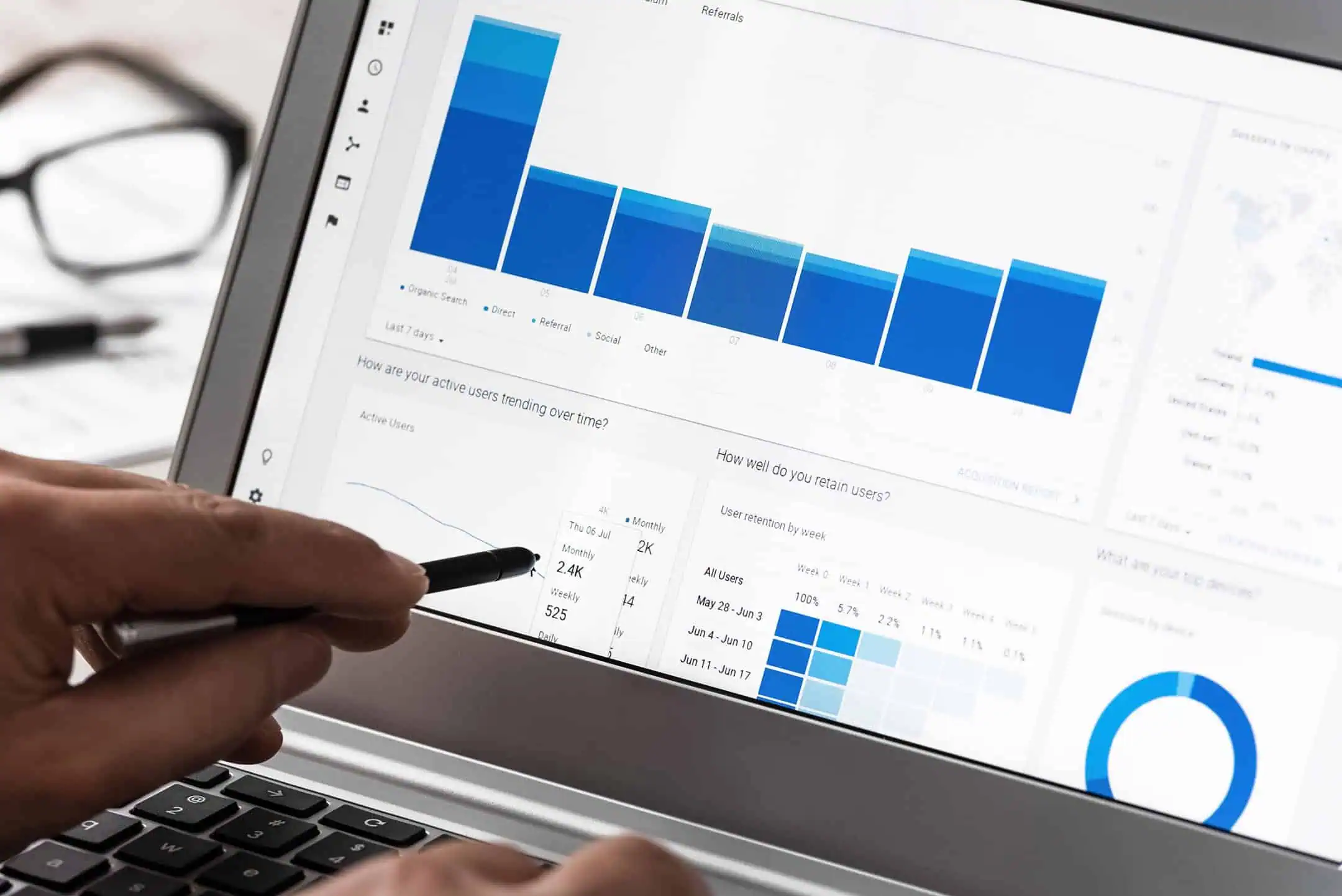
Measuring and Optimising PPC Campaigns
Tracking Performance
Regularly monitor the performance of your geo-targeted PPC campaigns using tools like Google Analytics and the reporting features within Google Ads or social media platforms. Track key metrics such as click-through rates (CTR), conversion rates, and cost-per-click (CPC) to evaluate the effectiveness of your ads.
Optimising for Better Results
Based on your campaign performance data, make necessary adjustments to improve results. This could involve refining your geographic targeting, adjusting bid strategies, or updating ad copy to better resonate with your audience. Continual optimisation ensures that your campaigns remain effective and deliver the best possible ROI.
Geo-targeted PPC campaigns are a powerful way to reach your local audience with precision and relevance. By carefully selecting geographic areas, using local keywords, tailoring ad copy, and continuously measuring and optimising your campaigns, you can maximise your advertising efforts and drive more local traffic to your business.

Social Media Engagement
Role of social media in SEO
Social media plays a significant role in enhancing local SEO by increasing brand visibility, driving traffic, and fostering community engagement. Active social media presence can help businesses build relationships with local customers, encourage user-generated content, and generate backlinks, all of which contribute to improved search engine rankings. Moreover, social media platforms offer unique opportunities to interact with the local community, share localised content, and promote events and offers, further boosting local search visibility.
Platform Selection Based on Your Audience
Choosing the right social media platforms is crucial for effectively reaching and engaging your target audience. Different platforms cater to different demographics and types of content, so it’s important to select those that align with your audience’s preferences and your business goals.
Ideal for community building and sharing detailed content, events, and promotions. Its local business features and advertising options make it perfect for engaging with a local audience.
Best for visually appealing content, such as photos and short videos. Use Instagram to showcase your products, services, and behind-the-scenes glimpses of your business.
X / Twitter
Great for real-time updates, customer service, and sharing news. It’s effective for engaging with local influencers and staying connected with your audience through regular, concise posts.
Suitable for B2B businesses and professional networking. Use LinkedIn to share industry insights, local business news, and engage with local professionals.

Best Practices for Engaging Local Audience
Creating & Sharing Local Content
Share content that resonates with your local audience, such as news about local events, community stories, and insights relevant to your area. Highlight your involvement in local activities and collaborate with other local businesses or influencers to create content that showcases your local roots.
Running Local Promotions & Events
Promote local events, special offers, and promotions exclusively for your local audience. Use social media to advertise these promotions, encourage participation, and create buzz around your events. Offering special discounts or hosting local events can drive engagement and attract more local customers.
Engaging with Followers & Responding to Messages
Active engagement with your followers is key to building a loyal community. Respond promptly to comments, messages, and reviews to show that you value customer feedback and are committed to excellent customer service. Engage in conversations, ask questions, and encourage user-generated content to foster a sense of community.
Leveraging social media for local SEO involves strategic platform selection and active engagement with your local audience. By creating and sharing localised content, running promotions, and maintaining open communication with your followers, you can enhance your local presence, build stronger relationships with customers, and drive more traffic to your business.
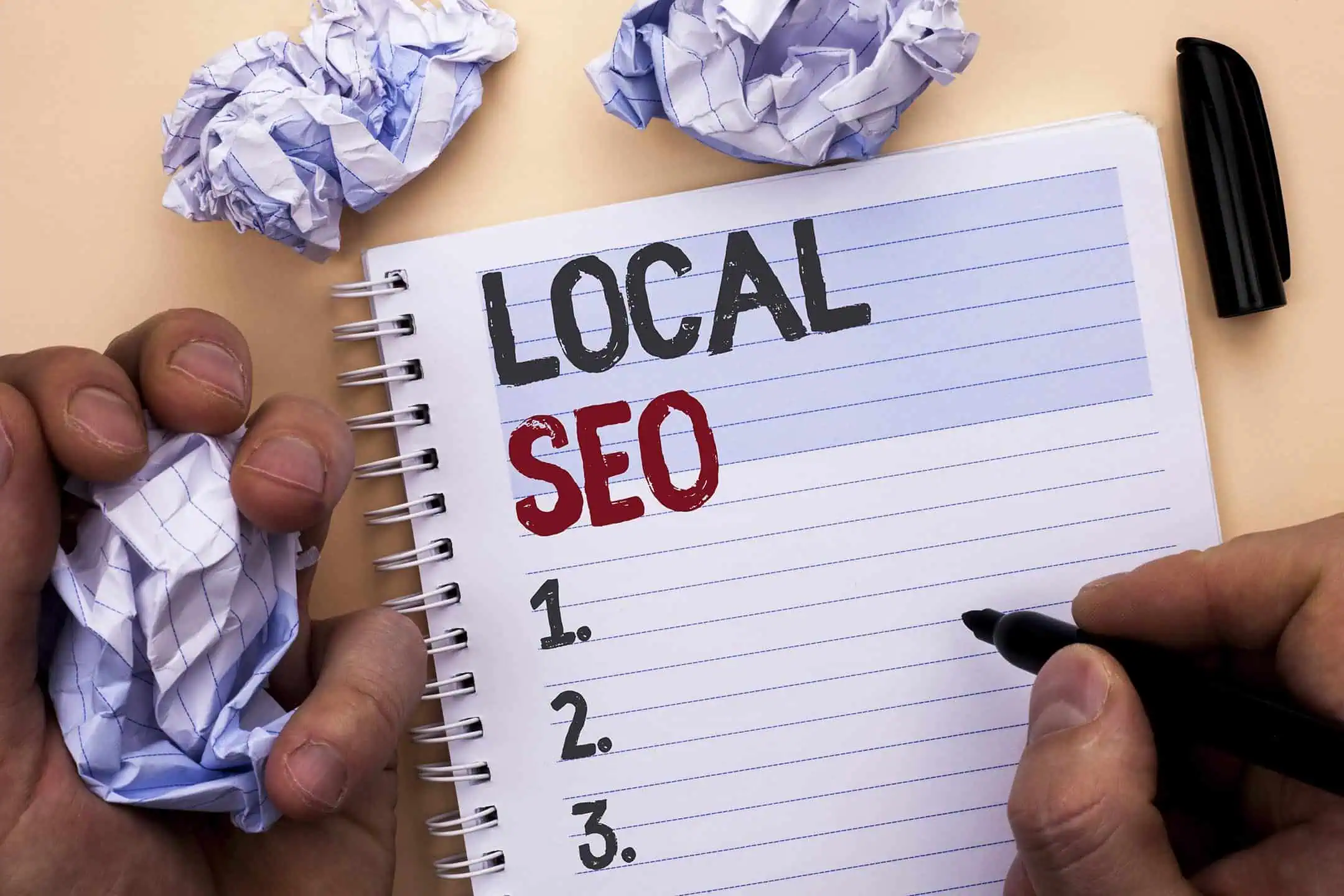
Recap of Key Strategies
Local SEO is essential for driving business success in your community. By focusing on key strategies such as optimising your Google My Business profile, maintaining NAP consistency, conducting thorough local keyword research, and building high-quality local backlinks, you can significantly enhance your online visibility. Additionally, creating localised content, managing online reviews, and leveraging social media engagement are crucial for connecting with your local audience.
Importance of an Integrated Local SEO Approach
An integrated local SEO approach ensures that all aspects of your online presence are aligned and working together to boost your search rankings and attract more local customers. Combining on-page and off-page techniques, such as mobile optimisation, local content marketing, geo-targeted PPC campaigns, and effective use of schema markup, creates a comprehensive strategy that maximises your local search potential. By addressing all elements of local SEO, you create a robust and cohesive digital presence that stands out in your community.
Encouragement to Start Implementing These Tactics
Now is the time to take action and implement these local SEO tactics. Start by auditing your current online presence, identifying areas for improvement, and gradually incorporating these strategies into your marketing efforts. By consistently applying these techniques, you will see a steady increase in local search visibility, engagement, and ultimately, business growth. Embrace the power of local SEO to connect with your community, attract new customers, and establish your business as a local leader. Don’t wait – begin enhancing your local SEO today and watch your business thrive.
Enhance Your Local SEO Today!
e-innovate has been helping businesses enhance their local SEO for over 10 years. Speak to us for a free consultation and discover how we can elevate your local search presence and drive growth for your business. Contact us today to get started on your journey to local SEO success.
